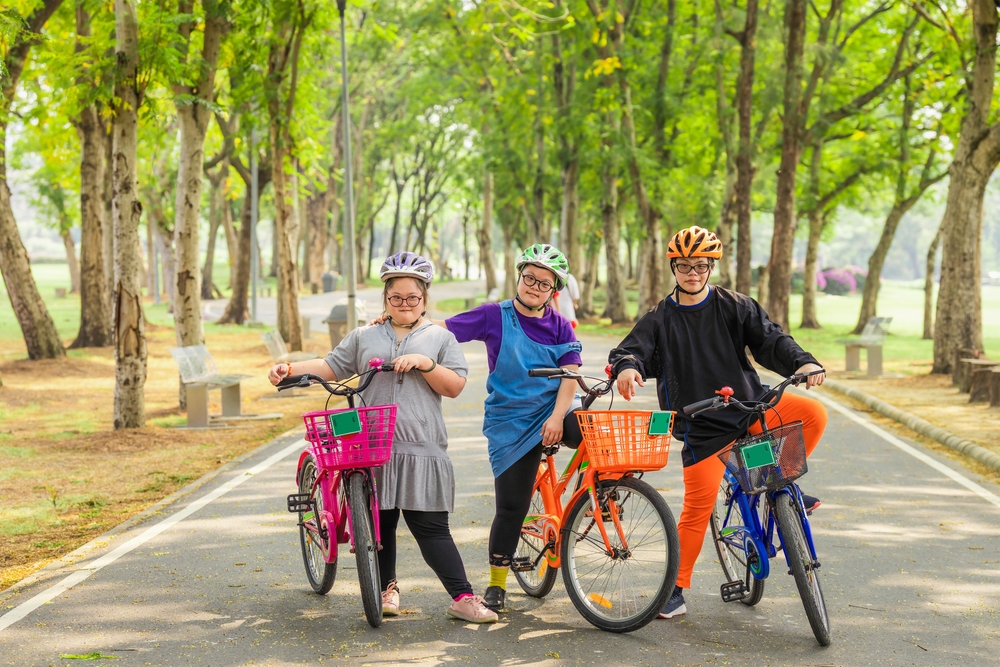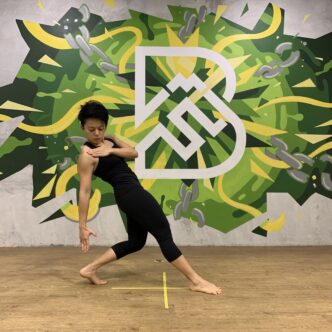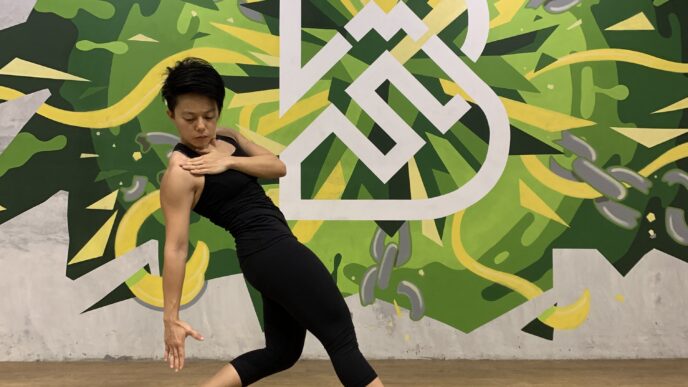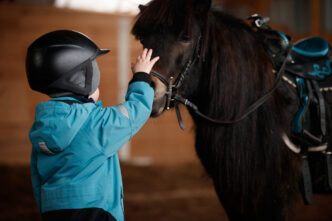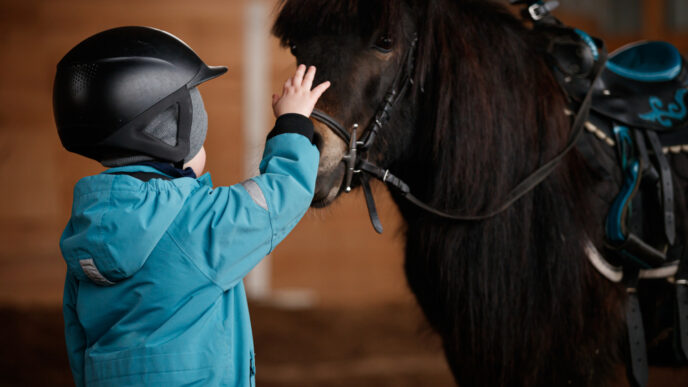Autism fitness helps children develop motor skills, coordination, and confidence while reducing stress. With the right approach, exercise can empower kids with autism to thrive physically and mentally.
WORDS WAI HOONG
 FEATURED EXPERT FEATURED EXPERTWAI HOONG Personal Trainer linktr.ee/waihoong |
There is no doubt that physical activities are good for individuals living with autism. They reap the same benefits as any other person from regular physical activities: healthy body weight, stronger muscles, better breathing capacity, reduced risk of many non-communicable diseases, and more.
HOWEVER, INDIVIDUALS WITH AUTISM FACE UNIQUE CHALLENGES WHEN IT COMES TO EXERCISE
Sensory Sensitivities
- Many autistic individuals have heightened sensitivities to sensory stimuli, making traditional gym environments overwhelming.
- It is necessary to create a sensory-friendly space to significantly enhance their experience.
Communication Barriers
- Some may struggle with verbal communication.
- Trainers or instructors will have to use clear, direct instructions and alternative communication methods, such as visual aids or demonstrations, to communicate with them.
Motivation and Engagement
- It can be challenging to find activities that resonate with autistic individuals, as they may become bored or distracted.
- Hence, parents and coaches need to observe and support these individuals’ interests rather than impose activities that they may not enjoy.
While some parents can help their autistic children overcome these challenges on their own, others may find the services of a trained coach well-versed in autism fitness to be most helpful.
Such a trained coach has a keen eye and experience from training children and adults of different spectrum. They will also implement fitness programmes that will cause minimal confusion in the child.
WHAT IS A CERTIFIED AUTISM FITNESS COACH?
- A certified autism fitness coach is a fitness coach that is also well-versed in the behaviour and preferred communication of people with autism.
- They are trained to assess the physical movement standards of an individual with autism as well as to communicate with the individual using non-verbal cues (visuals, physical demonstrations, etc) whenever necessary.
- The coach will work in close collaboration with the parents or caregivers of the individual.
As a parent of a daughter with autism, I discovered autism fitness by chance, through the search engine.
The concept of autism fitness intrigues me and gives me an epiphany: as a fitness coach, I can’t just expand my coaching services without gaining a better understanding of people with special needs.
My path to being an autism fitness trainer is for the most part smooth yet fulfilling. I took an online course and attended a live workshop in Singapore, as well as passing the necessary examinations as well as a practical video assessment.
AUTISM FITNESS IN MORE DETAIL
Tailored for People with Autism
- A specialized approach to physical fitness that is tailored for individuals on the autism spectrum.
- Unlike a conventional fitness coach, an autism fitness trainer is trained to interact with people with autism as well as those with other special needs.
Focused on Enhancing Daily Living Skills
- Unlike traditional sports, which often emphasize teamwork and competition, autism fitness focuses on functional exercises that enhance daily living skills.
- Exercises such as squats, pulls, pushes, and carries are essential for building independence, improving health, and preventing injuries.
- Physical activities such as swimming and martial arts can trigger the body to release endorphins, ‘happy hormones’ that can enhance mood, release anxiety, calm behaviour, and improve sleep.
- Tailored fitness programmes can address specific motor skill challenges and help individual develop better coordination and strength.
- Strength training covers fundamentals that can be transferred to real-life functional purposes such as injury prevention, good posture, and more.
Improves Confidence and Independence
As their physical skills improve, individuals with autism will also develop greater confidence in their abilities; this translates to greater independence in daily activities.
HOW AN AUTISM FITNESS COACH WORKS WITH PARENTS AND CHILD
- A short briefing with the parents or caregivers to explain in detail what the programme would entail.
- The trainer will take time to understand the autistic individual’s behaviours and temperament before starting a session.
- On days when the individual is motivated, the trainer would increase the exercise reps and sets.
- If the individual refuses to do a particular exercise, the trainer would implement contingency plan such as other activities that the individual would likely enjoy.
- The trainer communicates with the individual differently from a conventional fitness trainer. For example, they will use visual cues and plenty of demonstrations to reach out to non-verbal individuals.
- However, there is no one-size-fits-all programme; each is tailored to the individual’s specific needs, personality, fitness capability, and more
The key is to allow the child to explore different activities and support their preferences without putting any pressure on the child.
TL; DR
- Autism fitness is an essential component in promoting the health and well-being of individuals on the autism spectrum.
- It focuses on functional exercises, understanding unique challenges, and creating supportive environments to help autistic individuals develop the skills they need for a healthier, more independent life.
- Trainers, parents, and caregivers should collaborate and adopt their approaches to meet the diverse needs of the neurodivergent community.
| This article is part of our series on autism and the parenting journey one takes with a child with autism. |


